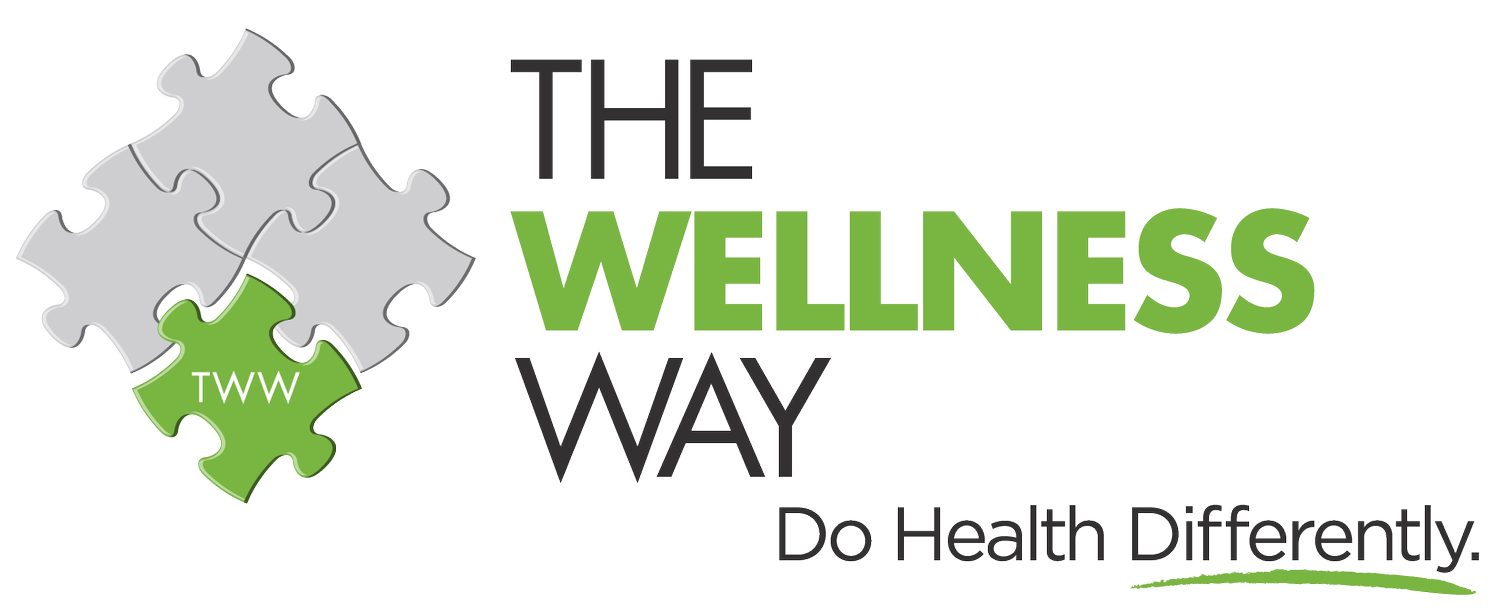Healthy Coffee Habits: Choosing the Best Coffee for Your Well-being
Did you know that the coffee you drink every morning might be doing more harm than good? While coffee is a beloved beverage around the world, not all coffee is created equal. The type of coffee you consume can significantly impact your health, and in some cases, it might even be toxic.
The Popularity of Coffee
Coffee is a global phenomenon, with billions of cups consumed daily. It's more than just a drink; it’s a cultural staple, a morning ritual, and a social connector. Many people rely on it for its stimulating effects and enjoy it as part of their daily routine.
Despite its popularity, the perception of coffee as a uniformly healthy beverage is misleading. While it does have some health benefits, not all coffee is created equal.
The Dark Side of Coffee: Potential Toxins
One of the most concerning issues with coffee is the presence of mycotoxins. Mycotoxins are toxic compounds produced by certain types of mold that can grow on coffee beans. These toxins can lead to a range of health problems, including chronic fatigue, kidney damage, and even cancer.
Mycotoxins are not the only contaminants in coffee; pesticides and heavy metals can also be present, particularly in conventionally grown beans.
Different Types of Coffee: Which Ones to Avoid
Not all coffee carries the same risks. Here’s a closer look at different types of coffee:
Conventional Coffee: Often grown with the use of pesticides and lacking stringent quality control, conventional coffee poses higher risks of containing harmful contaminants.
Organic Coffee: While organic coffee reduces exposure to pesticides, it is still susceptible to mycotoxins due to storage and handling practices.
Specialty Coffee: Specialty coffee typically undergoes more rigorous quality control and testing, reducing the likelihood of contaminants. Sourcing and processing methods are critical here, as higher standards often mean safer coffee.
Brewing Methods and Their Impact
How you brew your coffee can also influence its safety. Different methods affect the levels of potential toxins:
Espresso: Quick brewing time but can concentrate certain contaminants.
Drip Coffee: Common and convenient, but filter quality matters.
French Press: Allows oils to pass through, which can contain contaminants.
Cold Brew: Longer brewing time can lead to higher extraction of certain compounds, both good and bad.
To minimize risks, use high-quality filters, clean your equipment regularly, and consider the brewing time and method.
How to Choose Healthier Coffee Options
Choosing healthier coffee involves more than just picking an appealing brand. Here are some guidelines:
Look for Certifications: Opt for coffee with USDA Organic, Fair Trade, or other third-party certifications.
Research Brands: Choose brands known for their rigorous testing and quality control.
One brand that stands out for its commitment to quality and safety is Bulletproof Coffee whose products undergo extensive testing to ensure it is free from harmful toxins and contaminants, making it a healthier option.
If you are local, you can place an order to pick up Bulletproof Coffee directly from our office by using this Supplement Order form. If you are not local, you can conveniently order Bulletproof Coffee online and enjoy exclusive discounts.
Moderation is key when it comes to coffee consumption. Overconsumption can lead to negative health effects, regardless of the quality. To maximize the health benefits and minimize risks, balance your coffee intake with a healthy diet, stay hydrated, and maintain a regular exercise routine.
Your daily coffee ritual can be both enjoyable and healthy. By choosing the right type of coffee and brewing it safely, you can reap the benefits without the risks.
Evaluate your coffee choices and opt for higher-quality, safer options to ensure that your coffee habit contributes positively to your overall well-being.

